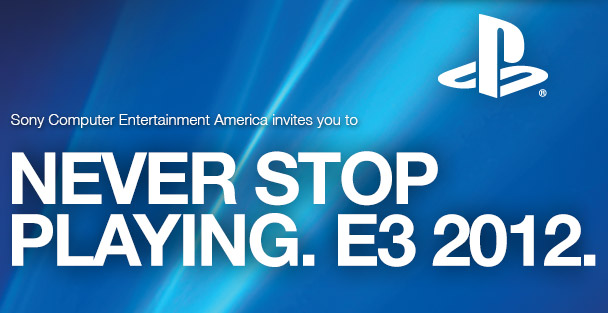It’s been about a month since Colin Campbell’s take on how Sony should have responded to the PlayStation Network fiasco was published, and its pretty eerie how some of his predictions are playing out:
Here’s a little test for you. Which of the following statements are you most likely to agree with in one year’s time.
A: “Sony handled that situation amazingly. They held their hands up and took appropriate share of blame. They outlined a clear plan of action to remedy the situation and they made sure all stakeholders were recompensed beyond reasonable expectations. They showed their human side and came out of this a stronger company.”
B: “It just kinda went away, didn’t it? Sony entirely laid the blame on the hackers, launched a lot of legal flak, refused to take any responsibility, offered the minimum clarity and token recompense. But no-one cares any more. At least they’ve encrypted my personal data now.”
I’m going to go out on a limb here and predict that answer B is looking a whole lot more likely than answer A.
Sure, Sony has offered up some free games and enrollment in an identity theft program, but has it really made you believe that it’s truly sorry for what’s happened and that it will do its best to make sure it doesn’t happen again?
I didn’t think so.
Wired had a pretty funny list of ridiculous things that Sony could have used to compensate users for. It’s a silly read, but you know what? If Sony had the balls and/or humanity to take responsibility and show off their human side, why not pull off one of the stunts listed in the article? Pay the Kevin Butler actor to go to someones house and personally apologize. Make a whole media blitz out of it. Everyone has a laugh and Sony comes out with some great PR.
Instead, we get reports that Sony CEO Howard Stringer still doesn’t believe he has anything to apologize for.
From an interview last week:
Sony believed it had “good, robust security,” Stringer said. He rejected suggestions that the company is paying for a lack of vigilance and said he was unaware of the 2008 intrusion on the PlayStation Network.
“We have a network that gave people services free,” Stringer said. “It didn’t seem like the likeliest place for an attack.”
When the April incursion first started, he didn’t know how serious it was, Stringer said. “I really don’t think I could apologize for not knowing,” he said. “It’s a whole new experience for everybody at this scale.”
Seriously, dude? You didn’t think that a service with over 77 million users whose target demographic also happens to include the most computer savvy and vocally active people in the world could be the target of an attack? Sure it may be a whole new experience for your company at that scale, but you’re not the first people to have a massive database of users to take care of. If anything, you should have been more cautious and vigil because networked software solutions has not been your company’s strong suit in the past.
We may be forced to live on with Sony due to game developers being obligated to support a platform with such a huge userbase, but you can bet your ass that if we could still enjoy all of the exclusive content on the PS3 elsewhere, we’d be gone in a heartbeat.
via Gamasutra

